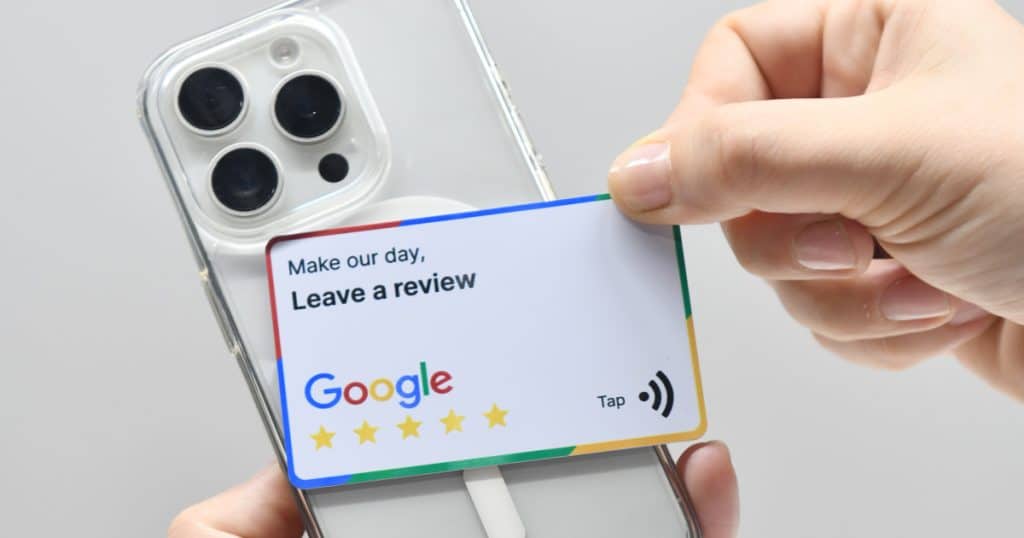Workflow Software And Business Process: Mobile Connectivity
The extensive use of mobile devices in business processes has become the hottest new trend. They provide enormous cost-savings to companies that have a large mobile workforce and they also ensure productivity. Software designs and applications are now built keeping this feature in mind, as more and more companies are moving to the mobile workforce model. Virtual teams, spread across time-zones and geographies and the increasing preference for tele-working have made mobile connectivity essential.
Mobile workers need to stay connected with the home-base for practical and emotional reasons. They need to update their records, ensure that their billing and accounting is accurate, get e-payslips, manage their personal finances, check about scheduling, inform management about any changes in their work schedules and they also need to feel connected with the rest of the team. Unless they are highly motivated and self-driven, mobile workers can feel left out, de-recognized and de-motivated.
Today’s mobile worker has a plethora of devices to choose from. Mobile/smart phones, tablets, netbooks, laptops and wearable devices all ensure that work-scheduling, appointments, messaging and reporting are carried on smoothly. Workers at remote locations can also benefit from SaaS (Software as a Service) applications to ensure that their inventory, sales/marketing requests are fulfilled. Billing/accounting can be directly uploaded to the central system so that there is an audit trail. Monitoring a worker’s location, productivity and efficiency are done through tracking-software.
Studies have shown that mobile workers usually carry or use at least three different mobile devices to work. Nearly half of them carry two mobile phones – one for personal use and the other dedicated to work. They also typically carry a tablet or laptop and some even carry two, again for different applications. Most organizations purchase dedicated devices for their mobile workforce hence they maintain a separate device for personal use. Increasingly, with Android etc, workers will eventually carry fewer and fewer devices, as they can be integrated.
Mobile devices may not be secure. With important data being transferred, unless there is excellent mobile device management software in place, there can be breach of confidentiality. Devices are liable to be lost, damaged, stolen or misplaced. They’re also subject to malware and virus attacks. Laying down a very clear and firm mobile device use policy is essential. Security-consciousness is essential in certain industries, in others it may be more flexible.
You may have to streamline your own processes. Currently, millions of workers world-wide are part of the growing number of tele-workers, working either in a designated set of locations, moving from location to location randomly, working in public places like parks, restaurants, hotels, cafes and on transport like trains, buses, cars and airplanes. Ensure that your IT people are trained to remotely delete data from lost or stolen devices. Downloading unauthorized apps should be strictly forbidden. Keep your staff informed about the latest security firewalls and tools.






